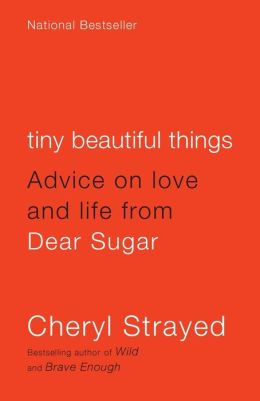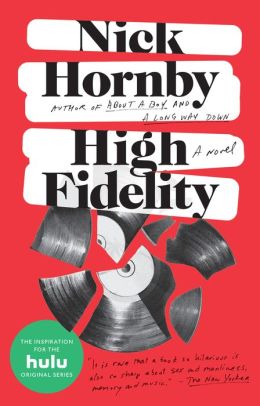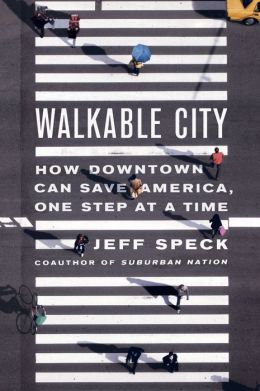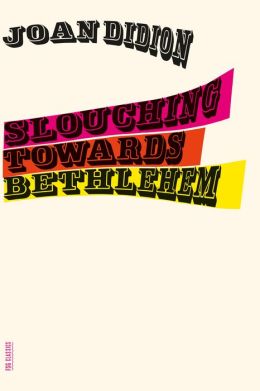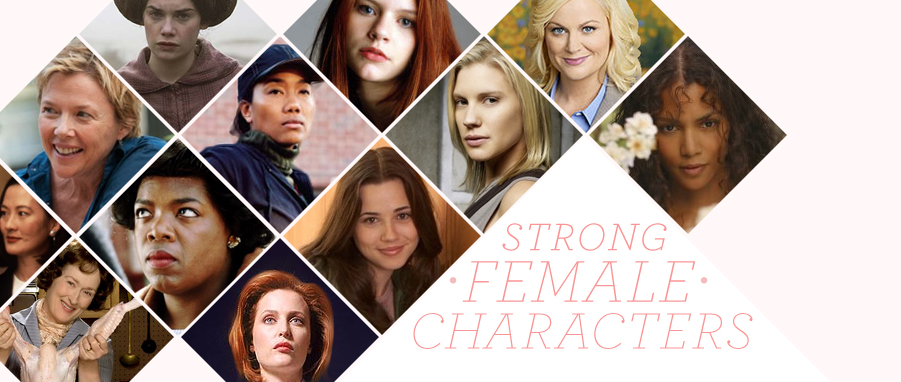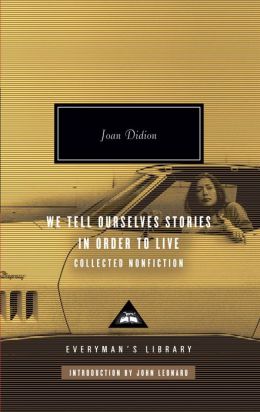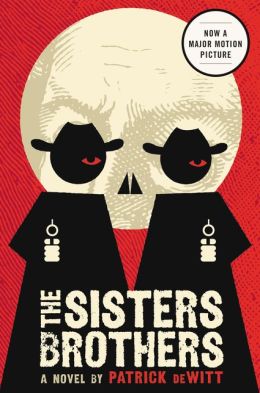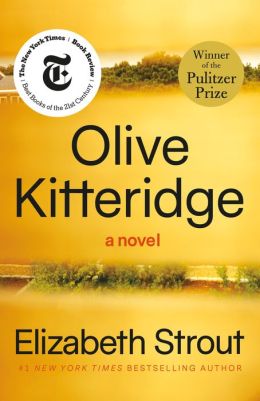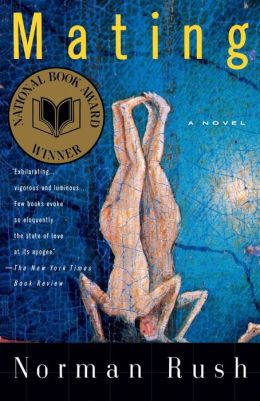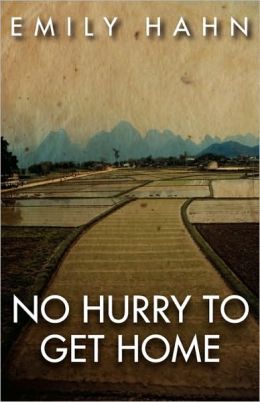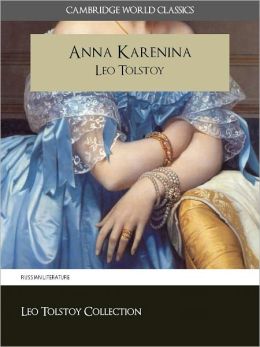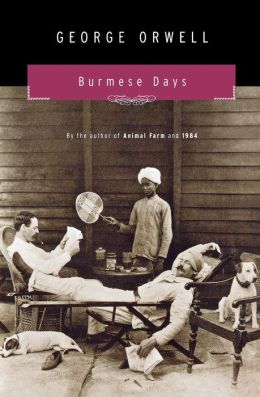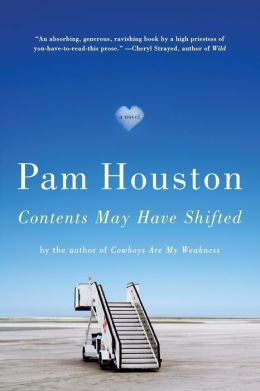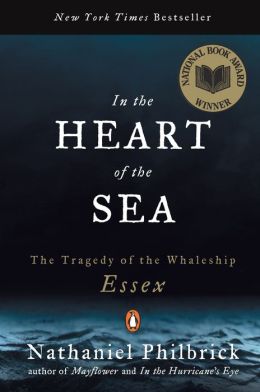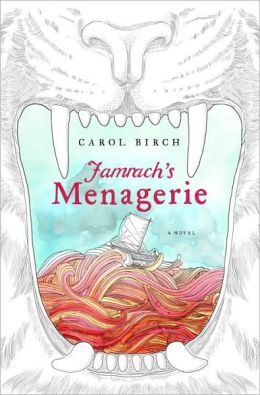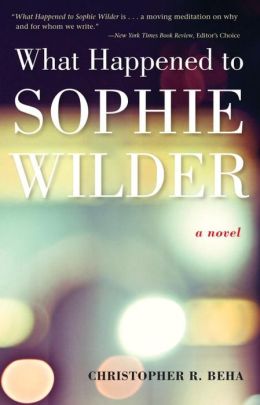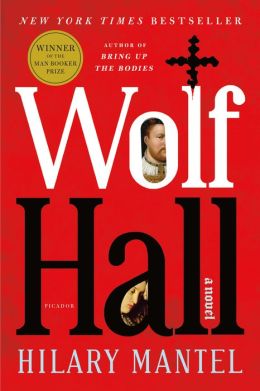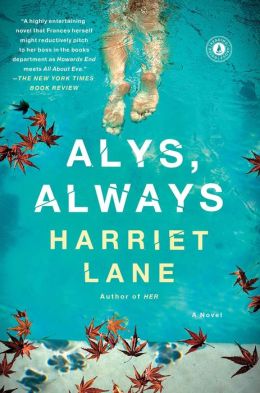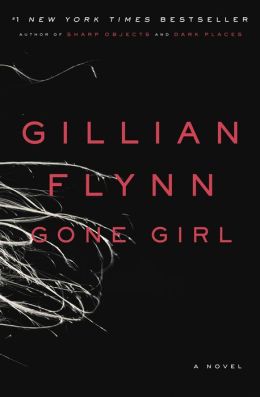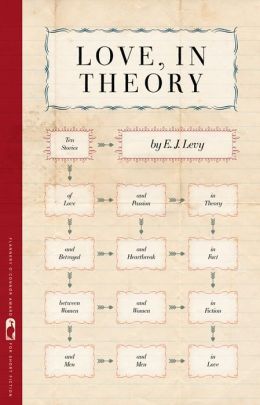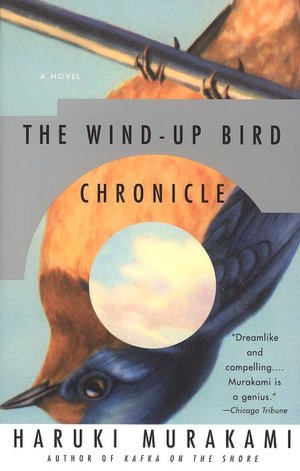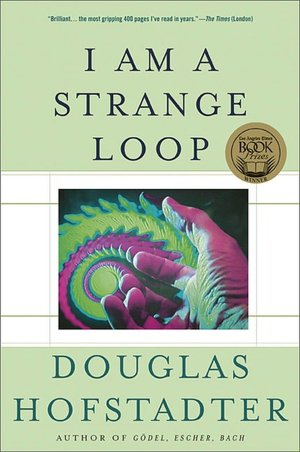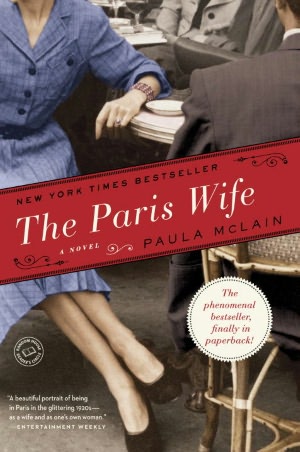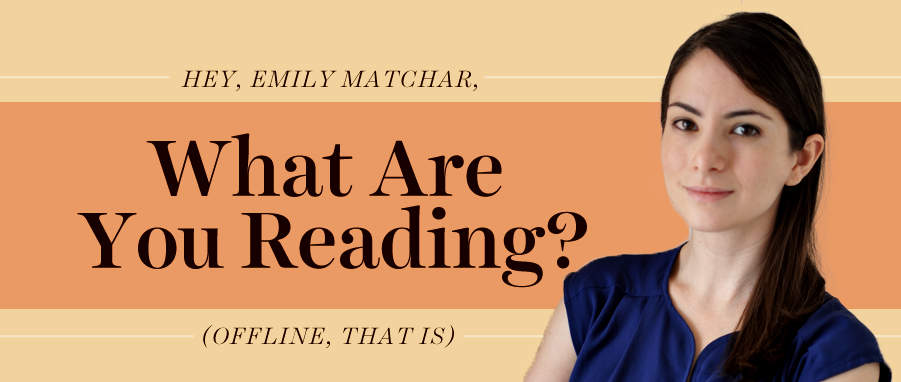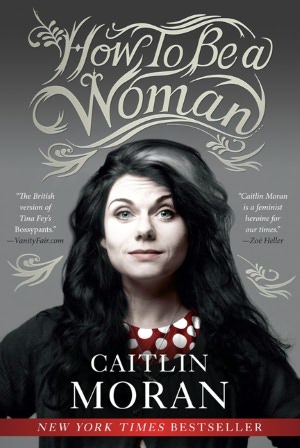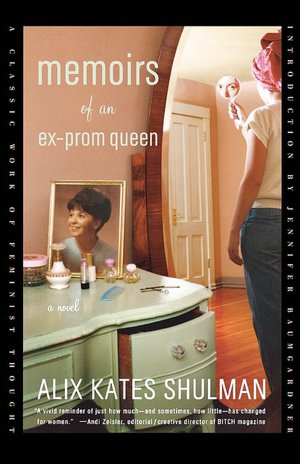If you're anything like me, you've spent an unholy amount of time in the last couple of weeks watching episodes of The West Wing, recently made available to junkies like us via Netflix streaming. (For those of you who were unaware of this development: You're welcome. We'll see you in a few weeks.) I was a junior in college when The West Wing debuted on NBC back in the halcyon days of must-see TV. My roommates and I were immediately addicted; we gathered faithfully for an hour each week to catch up on the latest adventures of Toby, C.J., Josh, and the rest of the Bartlet gang. We rooted for Sam's call girl friend Lori, despised Mandy along with the rest of America, and, this being Bryn Mawr, idolized C.J. Cregg to no end for her willingness to stand up for women in the face of the boys' club.
Since then, though, I've grown up a bit. I've lived more than thirteen years of real life since The West Wing debuted in the fall of 1999, and I've learned a thing or two in that time. Here's a few of the things that hit me during my re-watch: some good, some bad, some truly ugly.
Embarrass, then pwn It's no secret that Aaron Sorkin's shows espouse a sort of lazy, benevolent liberalism---the kind that makes well-off white people feel good without making us think too hard. And, hey---there are days when we all want to stop thinking and just bask in the fantasy, right? One notable, repeated expression of this liberalism is the embarrass/pwn move employed to take down the mean conservatives (as opposed to the nice conservatives) on the show. A conservative character (usually a one-timer, sometimes a repeat visitor) makes a statement of what they believe to be fact; a central, liberal character corrects the statement, then uses the upper hand to smash the moral conclusion the mistaken fact implied. It happens right in the pilot, when one of the mean conservatives misidentifies "honor thy father and mother" as the first commandment, then, perhaps most famously, when President Bartlet takes down Jenna Jacobs (a stand-in for Dr. Laura) over the biblical condemnation of homosexuality. It's satisfying, to be sure, but it's also a bit repetitive (these are two of about five examples in the first season alone), and implies that the only (and far too simple) reason mean conservatives aren't nice ones is that they're stupid.
Mandy disappears Remember Mandy? The media consultant played by The Cutting Edge alum Moira Kelly? Her without-a-second-glance disappearance from the show after its first season was pretty ballsy in its complete and utter lack of further mention. But it kinda works. Well-played, Schlamme and Sorkin. Well-played.
Cool-girl sexism I welcomed the season 2 arrival of Ainsey Hayes to the Bartlet White House. Emily Procter is a delightful actress, and the character is a ton of fun. Plus, she gave the show the opportunity to explain what the White House Counsel's office does on a day-to-day basis, as opposed to when a crisis (The president's MS diagnosis going public, for example.) is in motion. She is also, unfortunately, a vehicle for much of the show's casual sexism; in this case, she exemplifies the "cool girl" fantasy---the kind of girl who can eat donuts all day long and still be a perfect size 2, the kind who just loves being one of the guys but also having her sexiness acknowledged, openly and pretty ickily, in an office environment. She's The West Wing's resident Manic Pixie Dream Girl.
C.J. Cregg is still my idol Allison Janney made Claudia Jean Cregg one of the most compelling women on TV---not just at the time, but pretty much ever. Sorkin wrote her some snappy dialogue, to be sure, but the depth, the sexiness, the ridiculously sympathetic nature? That's all Janney, and it's marvelous to behold. Witness, if you will, her statement about gun violence in the aftermath of the Roslyn shooting, her struggle on behalf of the women of Qumar, or even the time she dealt with a total jackass whom she 1) used to sleep with and 2) decided not to hire for a job at the White House. I would follow C.J. Cregg into battle anytime. For reals.
Related: C.J. and Danny are the hottest OTP in history I always wanted C.J. and Danny to get together, but it's only with time, age, and an appreciation of how rare it is to have both true sexual and intellectual chemistry with a single person that I can see how incredibly hot the match is. Right from the start, it is achingly delicious. The two of them finally ending up together is possibly the most satisfying part of the series, especially since it also involves a career move that C.J. actually wants to make. Loves. It.
Blatant heartstring pulling pulled off by magnificent actors Aaron Sorkin is pretty much the most blatantly emotionally manipulative television writer in history. (Hyperbole? I think not!) He injects some pretty obvious heartstring tuggers in a high percentage of West Wing episodes, things I would normally find gag-inducing. He's saved, though, by the incredible barn of performers---especially Dule Hill, Martin Sheen, John Spencer, Allison Janney and Richard Schiff. This cast can take some seriously cheezy writing and spin it into gold. A few favorites, you ask? How about the time President Bartlet gives Charlie his family's heirloom carving knife? Or the time Toby and Mrs. Landingham attend a homeless vet's funeral? Or maybe, just maybe, the time C.J.'s romance with a Secret Service officer ends in his murder? Oy.
All in all, I'm enjoying my re-watching binge. While watching the episodes in such quick succession brings out some of the show's fault lines, it also reminds me of why I loved it so much the first time around. And nothing at all can be bad about spending so much time with Ms. Cregg.
[photo: NBC]







